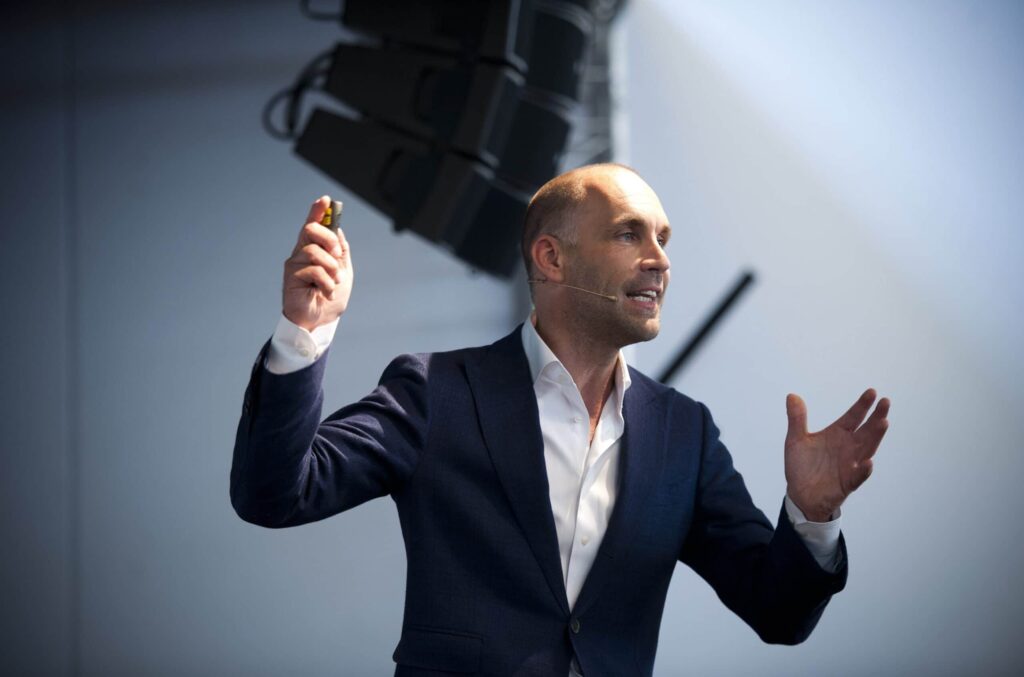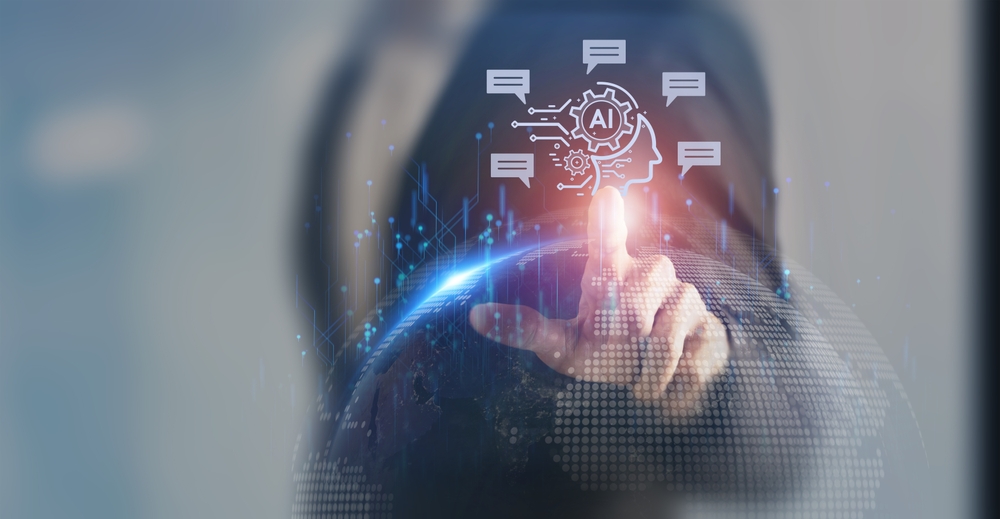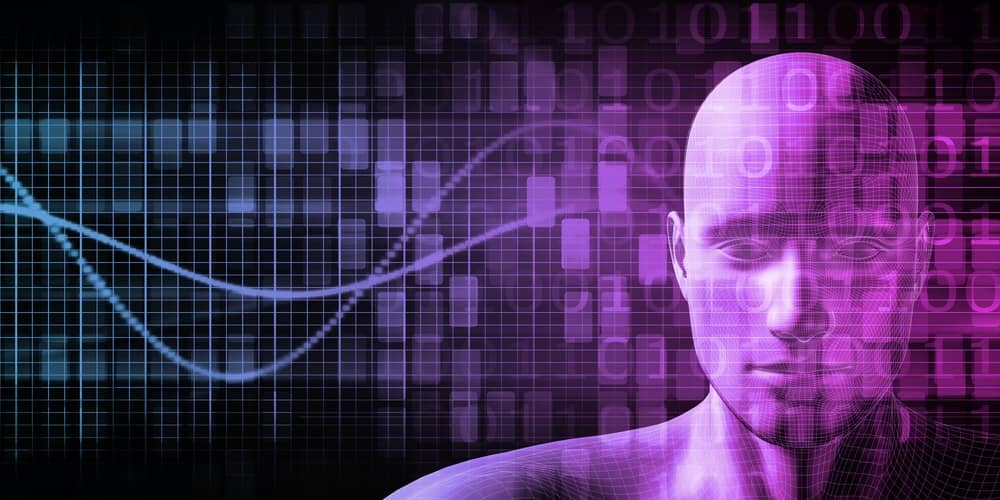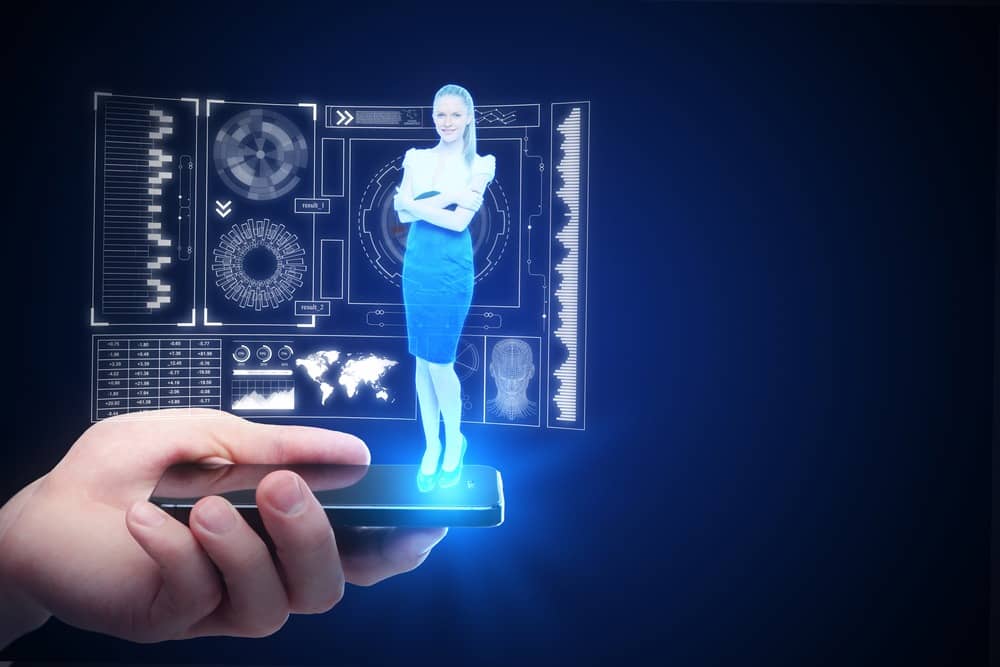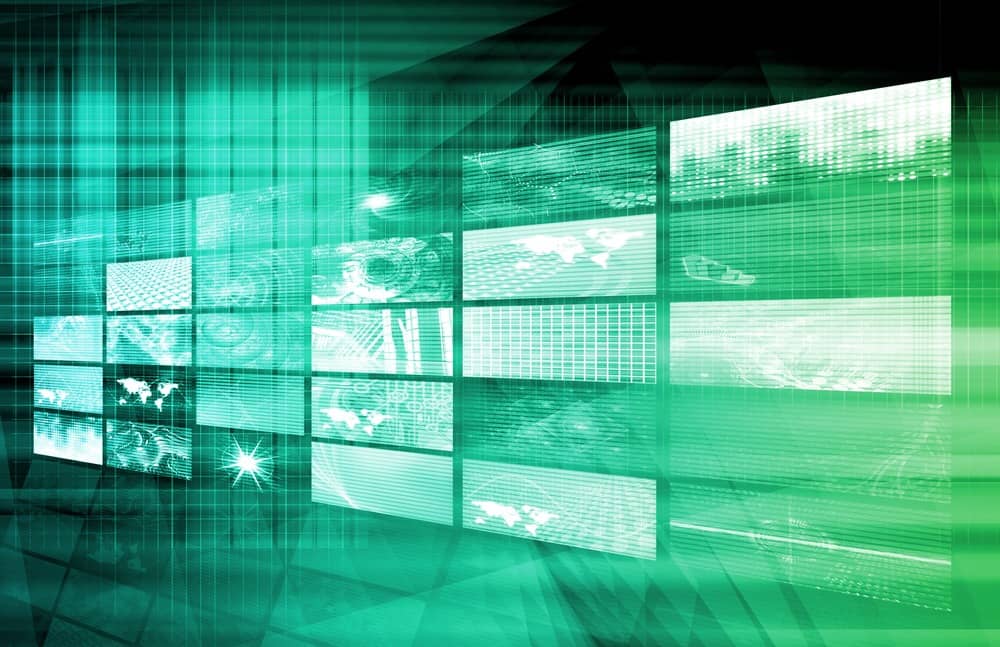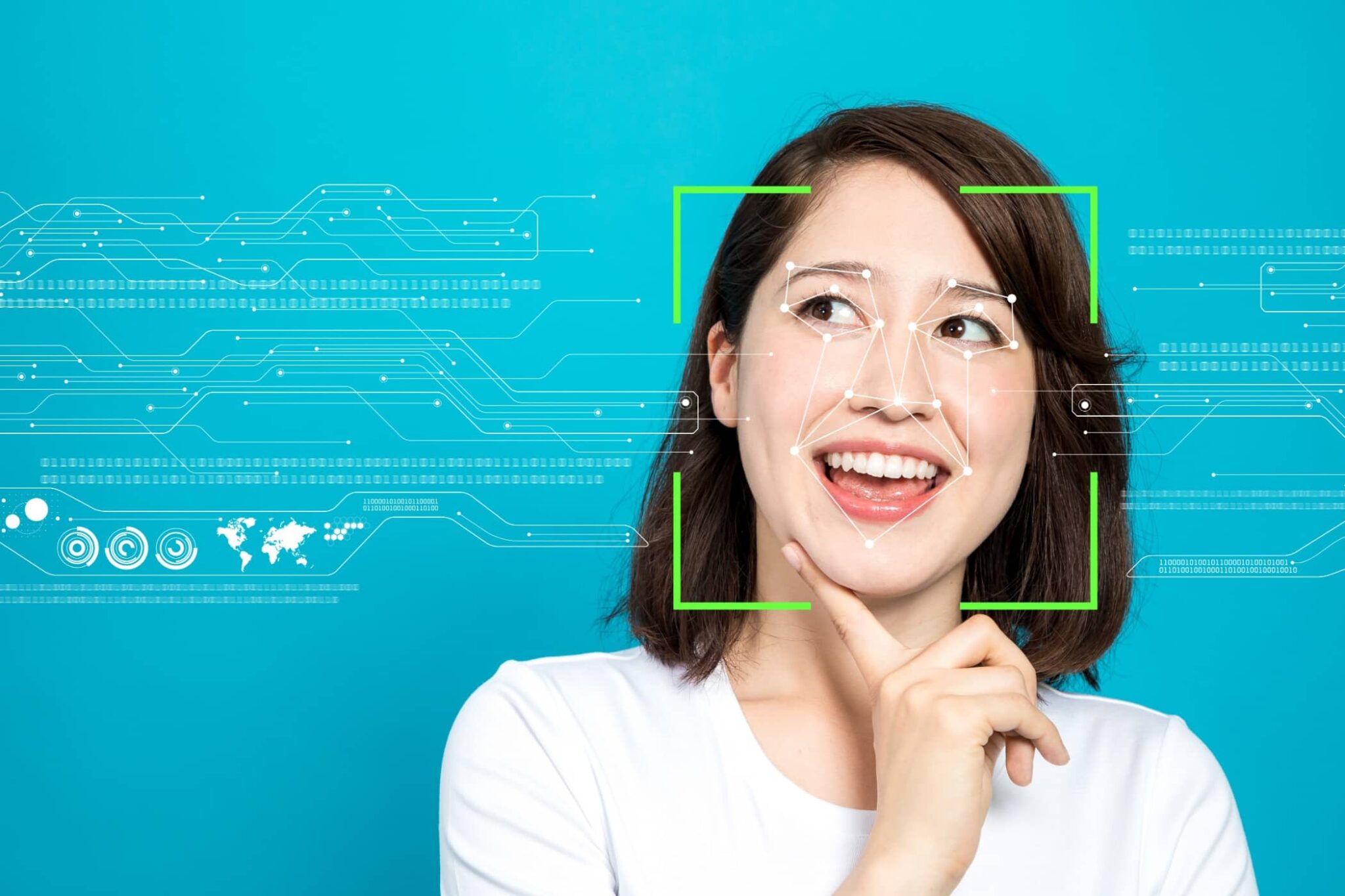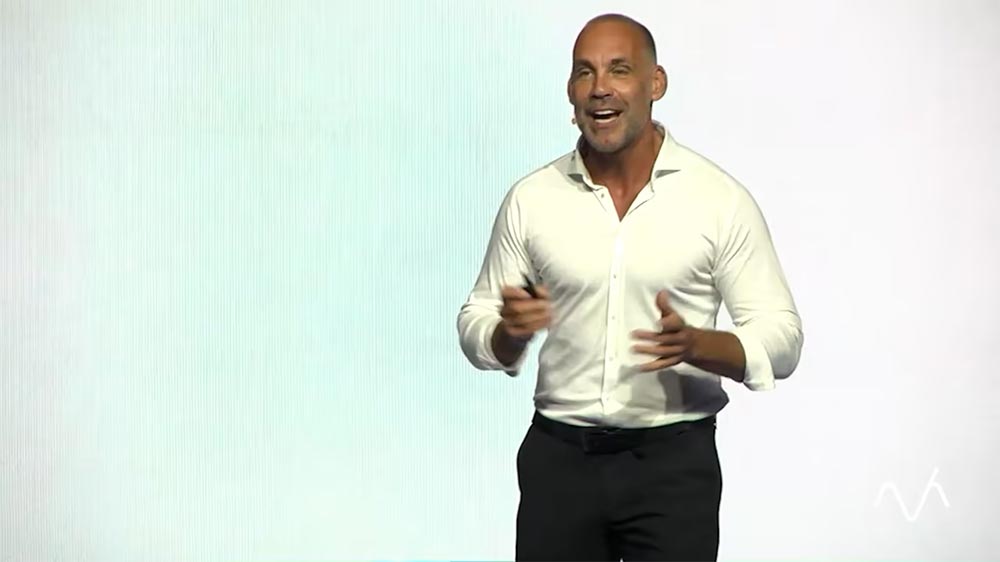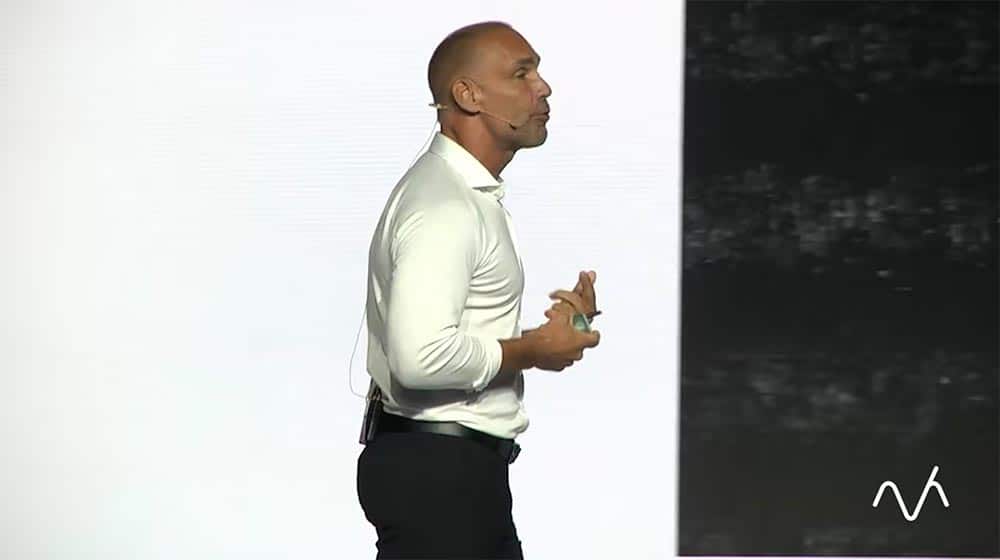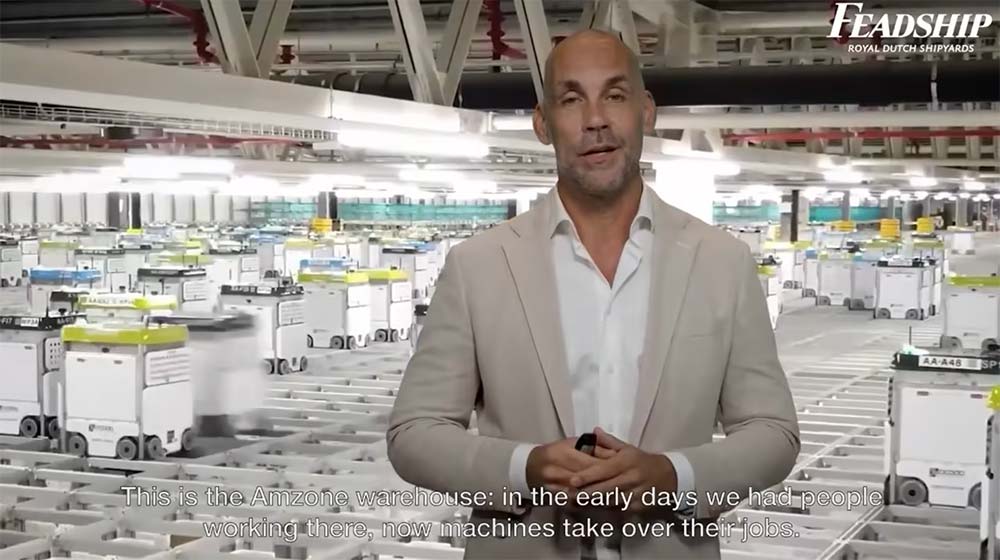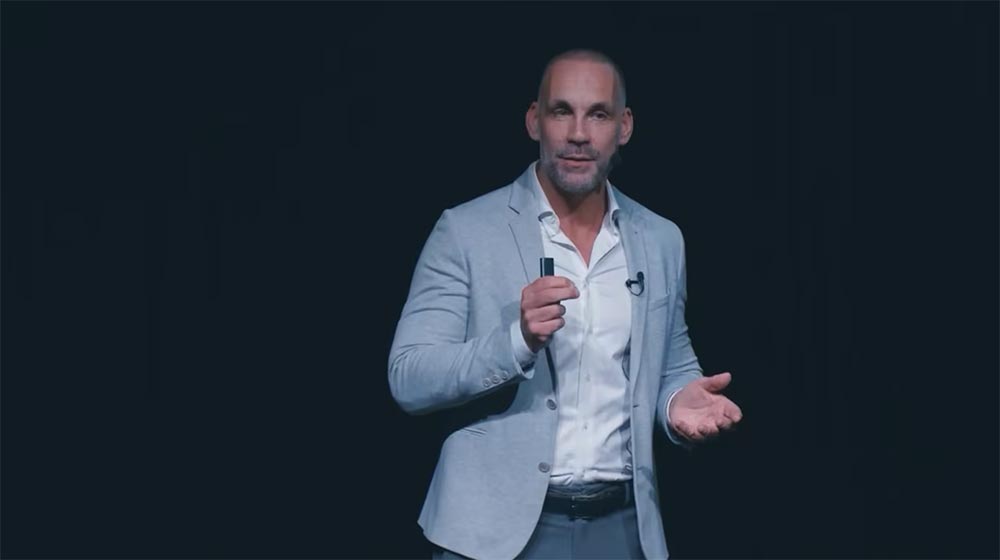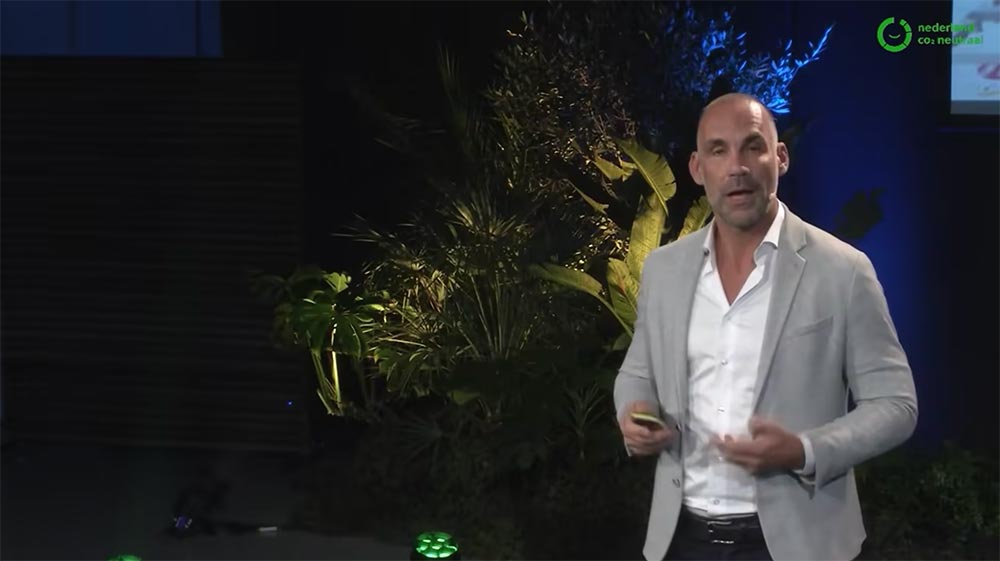What will the future of healthcare look like when certain healthcare tasks are taken over by digital healthcare providers and our hospitals make way for intelligent e-health applications? Technological developments in healthcare are taking place at breakneck speed. Think telemedicine, wearables, brain implants that eliminate the effects of epilepsy and Alzheimer’s and bioprinters that print organs.
In the future, we’ll swallow an electronic pill that keeps our health in check. Our personalised medication will be 3D-printed at home. Surgeries will be performed by robots, and we’ll even be able to ‘cut’ genetic diseases from our DNA. And best of all – that future is already here!
